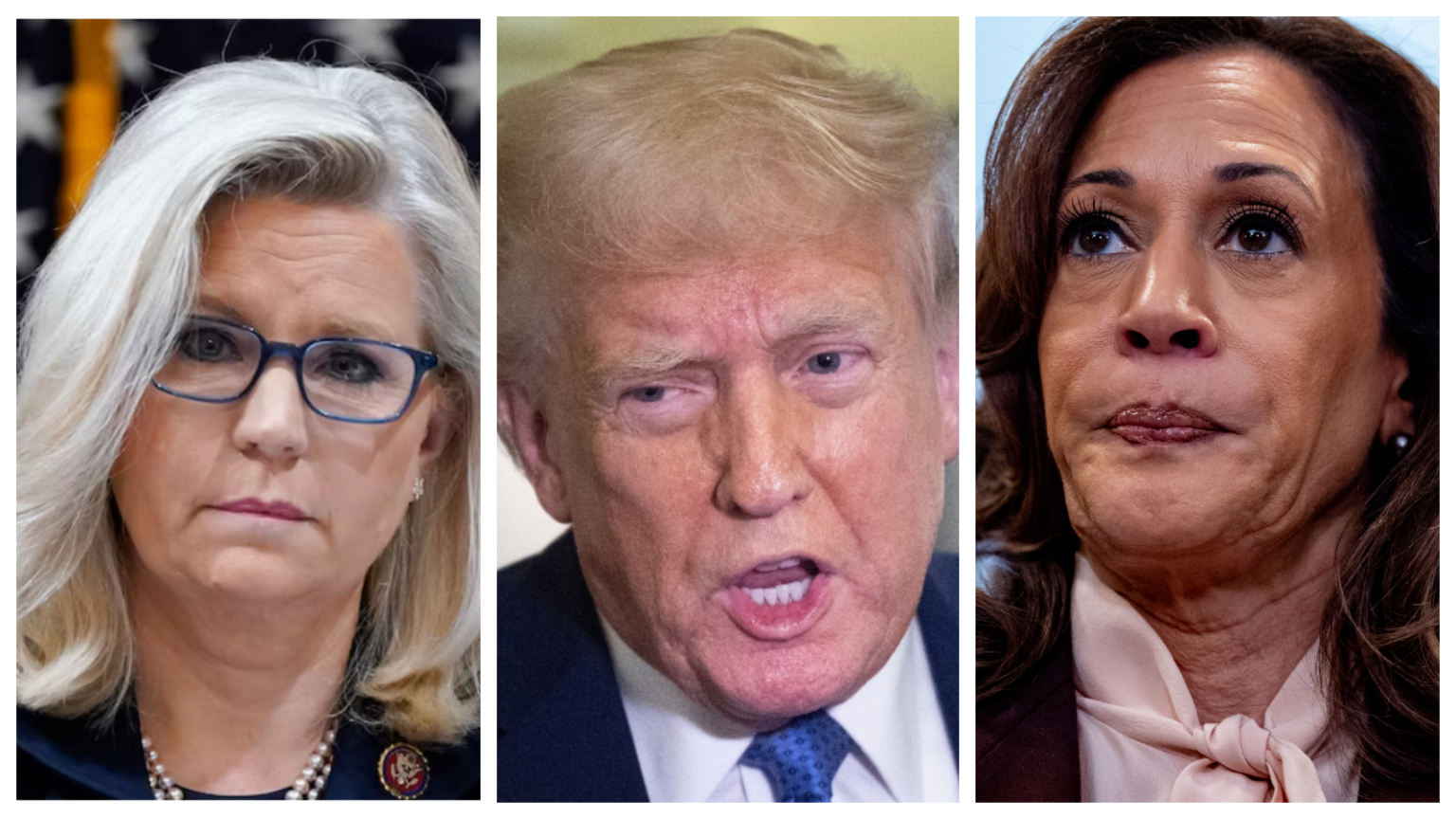In a bold and unprecedented national security move, President Donald Trump has officially revoked the security clearances of several former high-ranking government officials, citing concerns about protecting classified information. The decision, announced Friday, follows an earlier move in which Trump rescinded former President Joe Biden’s access to classified briefings, a rare step that has drawn both praise and criticism.
The White House released an official memorandum detailing the list of individuals affected by the decision. Among them are Antony Blinken, Jacob Sullivan, Lisa Monaco, Mark Zaid, Norman Eisen, Letitia James, Alvin Bragg, Andrew Weissmann, Hillary Clinton, Elizabeth Cheney, Kamala Harris, Adam Kinzinger, Fiona Hill, Alexander Vindman, and Joe Biden, along with any of Biden’s family members who previously held security clearances.
Trump Orders Immediate Revocation of Access to Classified Information
In the directive, Trump instructed all executive departments and agency heads to take immediate action to revoke any active security clearances held by these individuals.
“I have determined that it is no longer in the national interest for the following individuals to access classified information,” Trump stated in the memorandum. “Therefore, I hereby direct every executive department and agency head to take all additional action as necessary and consistent with existing law.”
Additionally, the directive bars these individuals from unescorted access to secure U.S. government facilities and blocks them from receiving classified intelligence briefings, including the President’s Daily Brief.
Private Sector Employers Notified of Security Clearance Revocations
Trump also extended the order to cover security clearances granted through private employment, stating that any U.S. government entity responsible for issuing such clearances must inform the respective private organizations of the revocations.
“In the event that any of the named individuals received a security clearance by virtue of their employment with a private entity, the U.S. government entity that granted the security clearance should inform the private entity that these individuals’ ability to access classified information has been revoked,” the statement read.
This move signals a broader effort to limit access to sensitive government information, even for those in private-sector roles, if their clearances were initially issued during their time in government.
Trump Previously Revoked Biden’s Daily Intelligence Briefings
Trump had previously made headlines by revoking Joe Biden’s daily intelligence briefings, citing national security concerns related to Biden’s cognitive state. In a Truth Social announcement, Trump explained his reasoning, pointing to reports that question Biden’s memory and ability to handle classified materials.
“There is no need for Joe Biden to continue receiving access to classified information. Therefore, we are immediately revoking Joe Biden’s Security Clearances and stopping his daily Intelligence Briefings,” Trump declared.
He further justified the move by referencing Biden’s own decision in 2021 to block Trump from receiving intelligence briefings following his departure from office.
“He set this precedent in 2021 when he instructed the Intelligence Community (IC) to stop the 45th President of the United States (ME!) from accessing details on National Security, a courtesy provided to former Presidents,” Trump wrote.
Trump Cites Hur Report on Biden’s Cognitive Decline
A key factor in Trump’s decision was the Hur Report, authored by former Special Counsel Robert Hur, which detailed Biden’s frequent memory lapses and questioned his ability to retain sensitive information.
Trump referenced the report in his post, writing: “The Hur Report revealed that Biden suffers from ‘poor memory’ and, even in his ‘prime,’ could not be trusted with sensitive information. I will always protect our National Security — JOE, YOU’RE FIRED. MAKE AMERICA GREAT AGAIN!”
The Hur Report was part of an investigation into Biden’s alleged mishandling of classified documents. While it found evidence suggesting Biden’s memory issues were significant, Hur ultimately did not recommend criminal charges against the then-sitting president.
Hur’s Testimony Fuels National Security Debate
In March, Hur testified before Congress, revealing that his investigation uncovered evidence suggesting that Biden’s motivation for keeping classified documents was driven by “pride and money.” Despite these findings, legal experts argue that prosecuting a sitting president would set a dangerous precedent, contributing to Hur’s decision not to recommend charges.
However, Trump and his allies have seized on the findings as justification for revoking Biden’s access to intelligence briefings.
A Highly Unusual Move with Major Implications
Trump’s sweeping action has sparked widespread debate over the power of a sitting president to determine access to classified intelligence. While former presidents and high-ranking officials traditionally retain security clearances, Trump’s decision represents a significant break from precedent.
Supporters argue that the move protects national security by ensuring that individuals with potential conflicts of interest or compromised judgment do not have access to sensitive information. Critics, however, view it as a politically motivated purge aimed at punishing Trump’s adversaries.
As this story develops, the legal and political fallout from Trump’s decision will likely continue to unfold, with both national security experts and political analysts weighing in on the long-term consequences.
